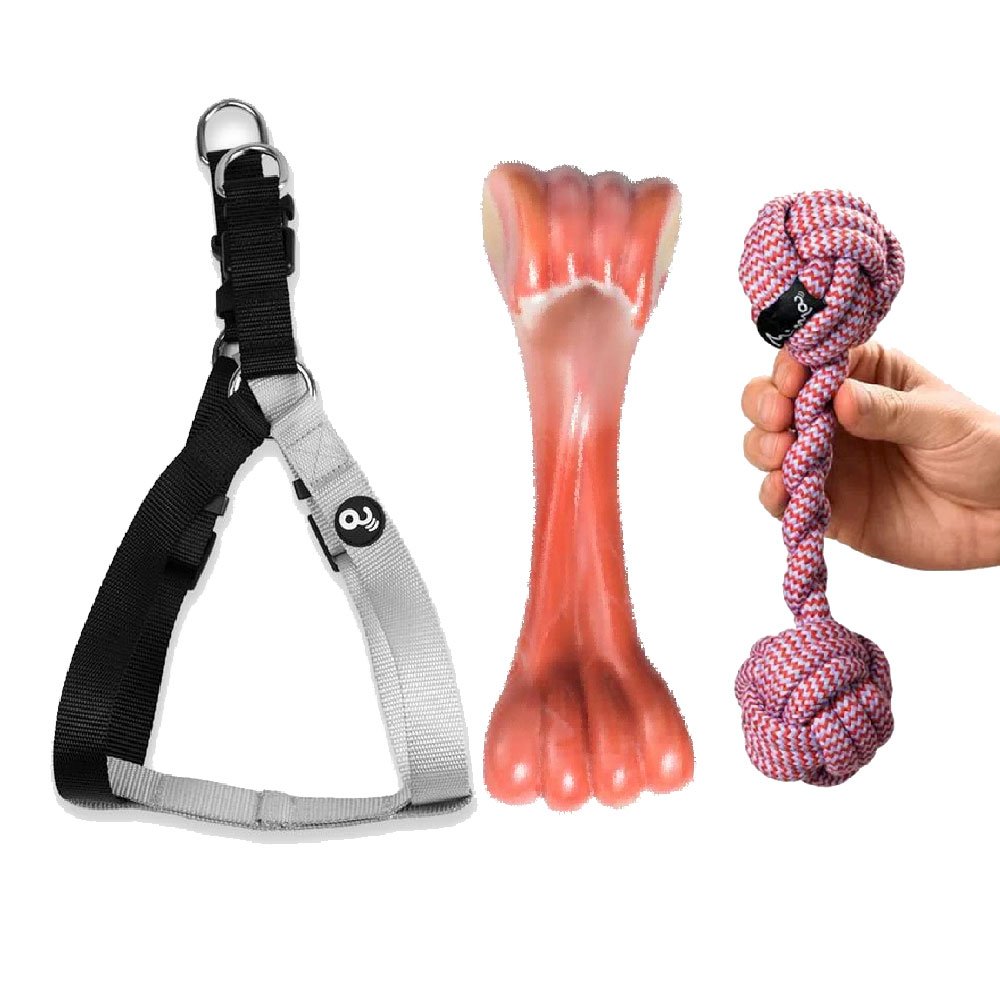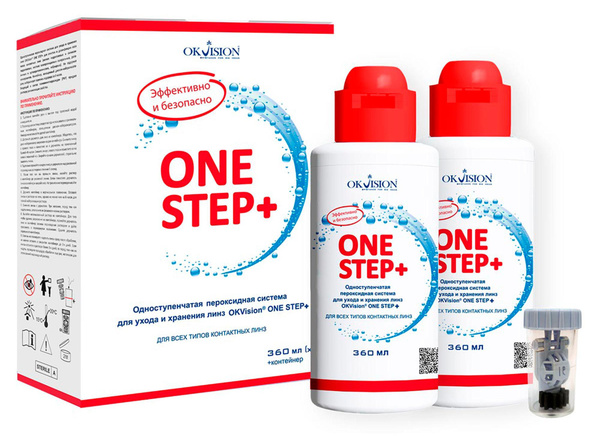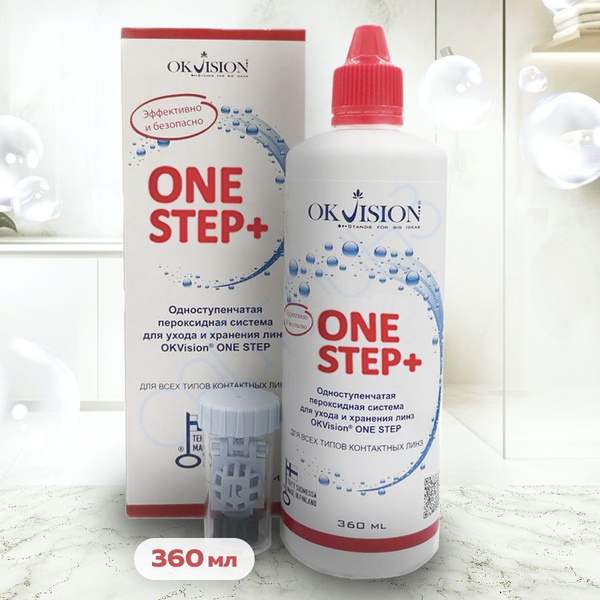Is Step 2 Harder Than Step 1

The aroma of stale coffee hangs heavy in the air, mingling with the nervous energy that crackles around the student lounge. Books, dog-eared and highlighted, are scattered across tables already stained with caffeine rings. Whispers of "UWorld percentage," "practice NBME score," and the dreaded "systems-based questions" drift through the room. For these medical students, the idyllic image of a future white coat and stethoscope seems miles away, obscured by the looming shadow of USMLE Step 2 CK.
The question echoing in every med student's mind, and fiercely debated across online forums, is simple yet profound: Is Step 2 CK harder than Step 1? The answer, however, is far from straightforward. While Step 1 has traditionally been the gatekeeper, with its emphasis on foundational sciences, Step 2 CK requires a broader understanding of clinical knowledge and application. This article delves into the perspectives of students, educators, and data to explore the evolving challenges of each exam and determine if the shifting landscape truly makes Step 2 the more formidable hurdle.
The Shifting Sands of Medical Education
For years, Step 1 held the reputation as the ultimate test. Its significance was amplified by the fact that residency programs heavily relied on Step 1 scores to filter applicants. The higher the score, the better the chances of landing a competitive residency. This high-stakes environment led to intense pressure and a relentless focus on memorizing basic science facts.
However, a significant change occurred in 2020: Step 1 transitioned to a pass/fail scoring system. This decision, driven by concerns about student well-being and an overemphasis on numerical scores, aimed to encourage a more holistic review of residency applications. The ripple effect of this change has been substantial.
With Step 1 no longer providing a numerical ranking, residency programs are now placing greater emphasis on other factors, including Step 2 CK scores, clinical performance, letters of recommendation, and research experience. This shift has inadvertently elevated the importance of Step 2, making it a crucial differentiator for aspiring residents. “Step 2 is now the main way to differentiate applicants based on a standardized test score,” explains Dr. Anya Sharma, a residency program director in internal medicine.
Step 1: The Foundation
Step 1 covers a vast range of basic science topics, including anatomy, physiology, biochemistry, pharmacology, pathology, and microbiology. Success on Step 1 requires a deep understanding of these foundational concepts and the ability to apply them to clinical scenarios. Students often describe the preparation process as a marathon of memorization, requiring countless hours spent reviewing textbooks, flashcards, and online resources. First Aid for the USMLE Step 1 remains a cornerstone for many.
The mental toll of preparing for Step 1 can be significant. The pressure to perform well, coupled with the sheer volume of information, can lead to anxiety, burnout, and sleep deprivation. Many students feel overwhelmed by the sheer magnitude of the task, leading to feelings of self-doubt and inadequacy.
Despite the challenges, Step 1 preparation provides a solid foundation for future clinical learning. Understanding the underlying mechanisms of disease is crucial for effective diagnosis and treatment. The basic science knowledge gained during Step 1 preparation will continue to be relevant throughout a physician's career.
Step 2 CK: The Application
Step 2 CK, or Clinical Knowledge, assesses a medical student's ability to apply medical knowledge, skills, and understanding of clinical science essential for the provision of patient care under supervision. It tests not only knowledge recall, but also clinical reasoning and problem-solving skills. The exam covers a wide range of clinical topics, including internal medicine, surgery, pediatrics, obstetrics and gynecology, psychiatry, and preventive medicine.
Unlike Step 1, which focuses on basic science facts, Step 2 requires students to integrate knowledge from various disciplines and apply it to real-world clinical scenarios. Questions often involve complex patient presentations, requiring students to analyze symptoms, interpret diagnostic results, and formulate appropriate management plans. Students need to understand not only what to do, but also why.
Many students find Step 2 challenging due to the sheer breadth of clinical knowledge required. The scope of the exam is vast, encompassing virtually every aspect of clinical medicine. Mastering the nuances of diagnosis and treatment for a wide range of medical conditions requires extensive clinical experience and dedicated study. This is where clinical rotations become paramount. Students who actively engage in their rotations, ask questions, and seek opportunities to learn from experienced clinicians are better prepared for Step 2.
The Data Speaks
While anecdotal evidence and student perceptions provide valuable insights, statistical data offers a more objective assessment of the relative difficulty of Step 1 and Step 2 CK. Historically, Step 2 CK scores have tended to be slightly higher than Step 1 scores. However, this does not necessarily mean that Step 2 is easier.
The National Board of Medical Examiners (NBME) reports score distributions and passing rates for both exams. These reports indicate that the average Step 2 CK score has remained relatively stable over time. However, with Step 1 now pass/fail, a high Step 2 score becomes even more critical for residency placement. The pressure to achieve a high score can make Step 2 feel subjectively more difficult, regardless of the actual score distribution.
It’s also important to note that students typically take Step 2 CK after completing their clinical rotations. This means they have had the opportunity to apply their knowledge in a real-world setting, which may contribute to higher scores. The clinical experience gained during rotations can provide a significant advantage on Step 2.
Student Perspectives: A Tale of Two Exams
The experience of preparing for Step 1 and Step 2 varies widely among students. Some find Step 1 to be more challenging due to the sheer volume of basic science information to memorize. Others struggle with Step 2 due to the need for clinical reasoning and application of knowledge. The individual's learning style, strengths, and weaknesses all play a role in determining which exam they find more difficult.
“For me, Step 1 was all about memorization, which I found incredibly tedious,” says Maria Rodriguez, a fourth-year medical student. “Step 2, on the other hand, was more about understanding clinical concepts and applying them to patient scenarios. I actually enjoyed Step 2 preparation more because it felt more relevant to my future career.”
Another student, David Lee, had a different experience. “I found Step 1 to be manageable because it was all about the fundamentals,” he explains. “Step 2 was overwhelming because there was so much clinical information to absorb. It felt like I was constantly learning about new diseases and treatments.” He emphasized the challenge of adapting to different attending physicians’ styles during rotations, and trying to learn everything in a short amount of time.
The Evolving Landscape of Residency Admissions
The shift to pass/fail scoring for Step 1 has undoubtedly altered the landscape of residency admissions. Residency programs are now relying on a broader range of factors to evaluate applicants, including Step 2 CK scores, clinical performance, letters of recommendation, personal statements, and research experience.
This more holistic approach aims to identify well-rounded applicants who possess not only strong medical knowledge but also essential qualities such as communication skills, teamwork abilities, and professionalism. It encourages medical students to focus on developing a diverse skill set and demonstrating their commitment to patient care.
However, the increased emphasis on Step 2 CK scores has created new challenges. Students feel immense pressure to perform well on Step 2, knowing that it is now a critical differentiator in the residency application process. This pressure can lead to increased anxiety and stress, potentially negating some of the intended benefits of the Step 1 pass/fail system.
Conclusion: A Matter of Perspective
Ultimately, whether Step 2 CK is harder than Step 1 is a subjective question with no definitive answer. Both exams present unique challenges and require different skill sets. Step 1 demands a deep understanding of basic science principles, while Step 2 requires the application of clinical knowledge and reasoning skills. The perceived difficulty of each exam depends on the individual student's learning style, strengths, and weaknesses.
What is clear is that the evolving landscape of medical education has elevated the importance of Step 2 CK. With Step 1 now pass/fail, residency programs are placing greater emphasis on Step 2 scores, clinical performance, and other factors to evaluate applicants. This shift has created new pressures for medical students, who must now excel in all aspects of their training to stand out in a competitive residency market.
The most important thing is for students to focus on developing a strong foundation of medical knowledge, honing their clinical skills, and demonstrating their passion for patient care. Regardless of which exam is perceived as more difficult, success in medical school and beyond requires dedication, perseverance, and a genuine commitment to lifelong learning. The journey is long, arduous, and filled with challenges, but the reward of becoming a physician is well worth the effort. So, take a deep breath, trust the process, and remember why you embarked on this incredible journey in the first place. Your future patients are counting on you.

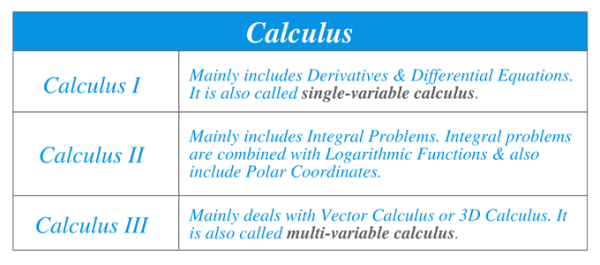

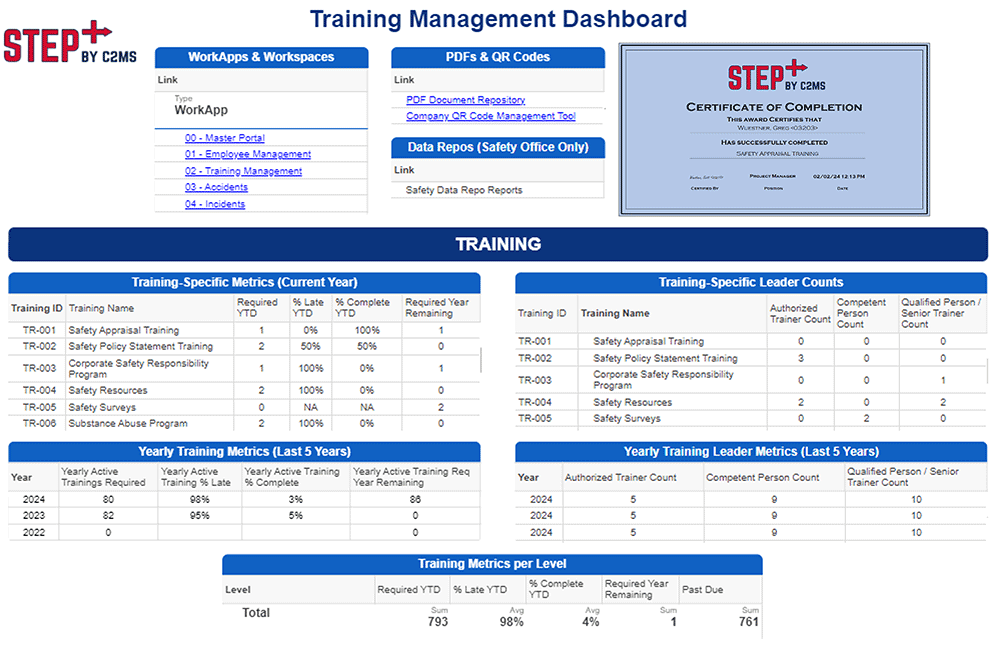
3.png)


1.png)




